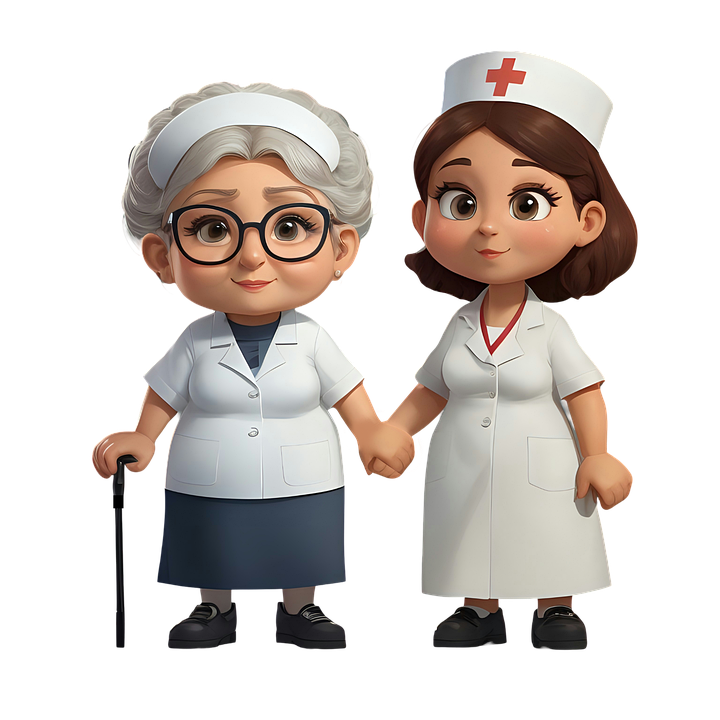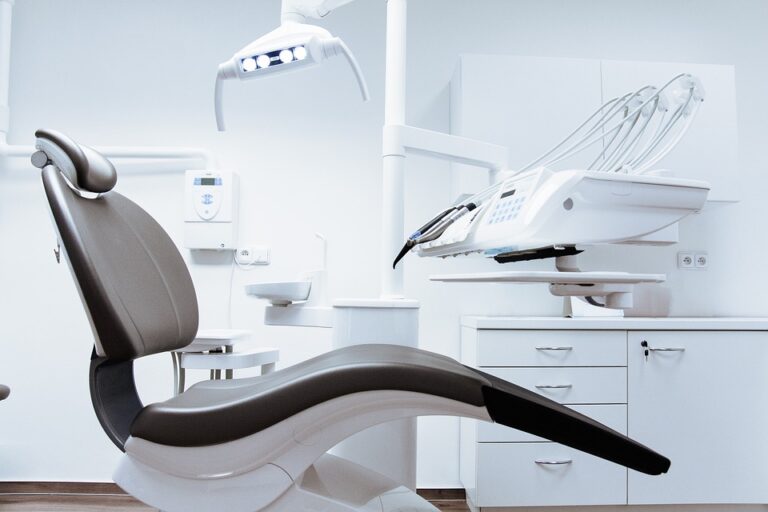Book Appointment Now

Education about Dental Hygiene for Low-income Families
Providing dental hygiene for low-income families is an essential aspect of preventive health care, especially within the nursing context. Oral health is often overlooked in underserved populations, and access to affordable dental care remains a significant barrier. Nurses, as front-line health educators, can bridge this gap by offering practical advice, support, and resources to help families improve their oral hygiene practices.
Get a custom nursing essay on dental hygiene assignment? ![]()
The Importance of Dental Hygiene Education
Educating families on proper dental hygiene practices is crucial to preventing common dental issues such as cavities, gum disease, and tooth decay. For low-income families, the lack of access to regular dental care can exacerbate these issues, leading to more severe health problems over time. Nurses play a key role in delivering dental health education tailored to these vulnerable populations, emphasizing simple, affordable strategies.
Why Low-Income Families Struggle with Oral Care
Low-income households often face challenges such as limited access to preventive dental care, lack of insurance, and minimal education on maintaining proper oral hygiene. This creates a cycle of poor dental health that can lead to more expensive treatments later in life. Addressing these barriers through patient education and resource referral is a primary responsibility of nurses working with underserved communities.
The Nursing Role in Promoting Dental Hygiene
Nurses are in a unique position to offer guidance on oral care for low-income families. Whether through community health programs, school-based initiatives, or direct patient interactions, nurses can provide hands-on demonstrations, distribute educational materials, and connect families with affordable dental care resources.
Practical Oral Care Tips for Families
To address the lack of access to expensive dental products and services, nurses can recommend simple, low-cost tips such as:
- Brushing twice daily with fluoride toothpaste
- Using affordable alternatives like baking soda for cleaning teeth
- Rinsing with salt water to reduce plaque buildup
- Advising on nutritious diets to strengthen teeth and gums
These affordable dental hygiene tips can empower families to take charge of their oral health without incurring high costs.
The Impact of Poor Dental Hygiene on Overall Health
Poor oral hygiene has been linked to a variety of health issues, including heart disease, diabetes, and infections. In low-income communities, where barriers to care are greater, these risks are heightened. Nurses can educate families about the critical connection between oral health and general well-being, stressing the importance of preventive measures.
Providing Access to dental hygiene for low-income families
Beyond education, nurses can also help families access resources for affordable dental care. This includes connecting them with community clinics, dental schools offering free or low-cost services, and government programs that assist with dental coverage. These resources are vital for ensuring that underserved populations can receive the care they need.
Educatin about dental hygiene for low-income families is crucial for preventing long-term health issues and improving overall quality of life. Nurses have an essential role in this mission, using their skills to provide practical, affordable advice and connect families with necessary resources. By empowering families with the right information, nurses can significantly reduce disparities in oral health care and ensure better outcomes for vulnerable populations.







